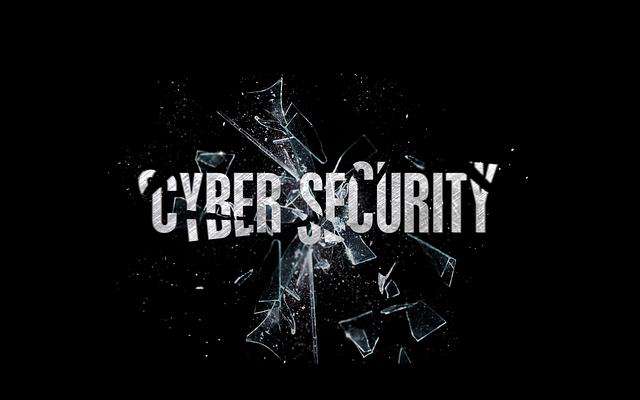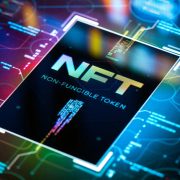As a small business owner, you are ultimately responsible for your company’s long-term health and success. To ensure that their business is sufficiently protected, all small business owners need to know about cybersecurity. Cybersecurity is designed to protect you, your staff, and your customers against cybercriminals. This guide is here to help small business owners learn more about SME cybersecurity threats.
Why Small Businesses Should be Concerned about Cyber Attacks
As a small business owner, you might not be particularly worried about the risks of a cyber-attack, assuming that your small organization is not worth a hacker’s time. Having this point of view is understandable but ultimately very dangerous.
Research has found that the majority of cyberattacks specifically target small and medium-sized businesses. Not only are small businesses more likely to experience a cyber-attack, but they are also particularly vulnerable to the effects of a cyber-attack. Studies have found that 60% of small businesses fold within six months of a cyber-attack.
Why are Small Businesses at Risk?
There are numerous reasons why small businesses are at particular risk of cyber-attacks, for example:
- Small businesses cannot afford a trained on-site IT team.
- Small businesses tend to have significantly weaker security than larger organizations.
- The staff of small businesses are not as educated about the risks and warning signs of cyber-attacks.
Now that you understand why small businesses are so vulnerable to cyber-attacks, it is time to focus on the types of cyber-attacks out there.
What Types of Cyber Attacks Are Out There?
The first thing that business owners have to know about cybersecurity is how varied the types of cyber-attacks are. It is vital business owners understand the different types of threats to ensure that they are appropriately protected.
Phishing Attacks
Phishing cyber-attacks come in the form of a direct message, usually an email. A cybercriminal will send an email that looks trustworthy and credible to encourage the recipient to click on a link or input their personal data. To learn more about the dangers of phishing attacks, click here.
Server Attacks
Server attacks are a form of drive-by attack which targets a website and its servers through SQL injection. Alternatively, a server attack can come in the form of a DoS, denial of service attack, in which a system is overloaded to the point in which it is unable to cope with the number of requests it is receiving. A drive-by server attack aims to implant malicious code and infects a system to transmit sensitive data.
Ransomware Attack
A cybercriminal performing a ransomware attack will plant malicious software into your system to prevent you from accessing specific networks, systems, or data. The attacker will then, effectively, hold your systems to ransom, so the victim has to pay to have their data returned to them.
Man-in-the-middle Attacks
A man-in-the-middle attack involves intercepting a one-to-one transaction to steal the personal data that is being exchanged.
The list above by no means outlines every single form of cyber-attack that can topple SMEs, but it outlines how dangerous and sophisticated and how varied cyberattacks can be.
















Comments